Hair is deeply personal, especially for Black women whose locks often become unwelcome conversation starters. From well-meaning but ignorant questions to outright offensive remarks, many Black women regularly navigate uncomfortable hair comments. These statements might seem innocent to those making them, but they can feel intrusive, exhausting, and disrespectful to those on the receiving end. Let’s explore twelve hair comments that many Black women wish would finally be retired.
1. “Can I touch your hair?”
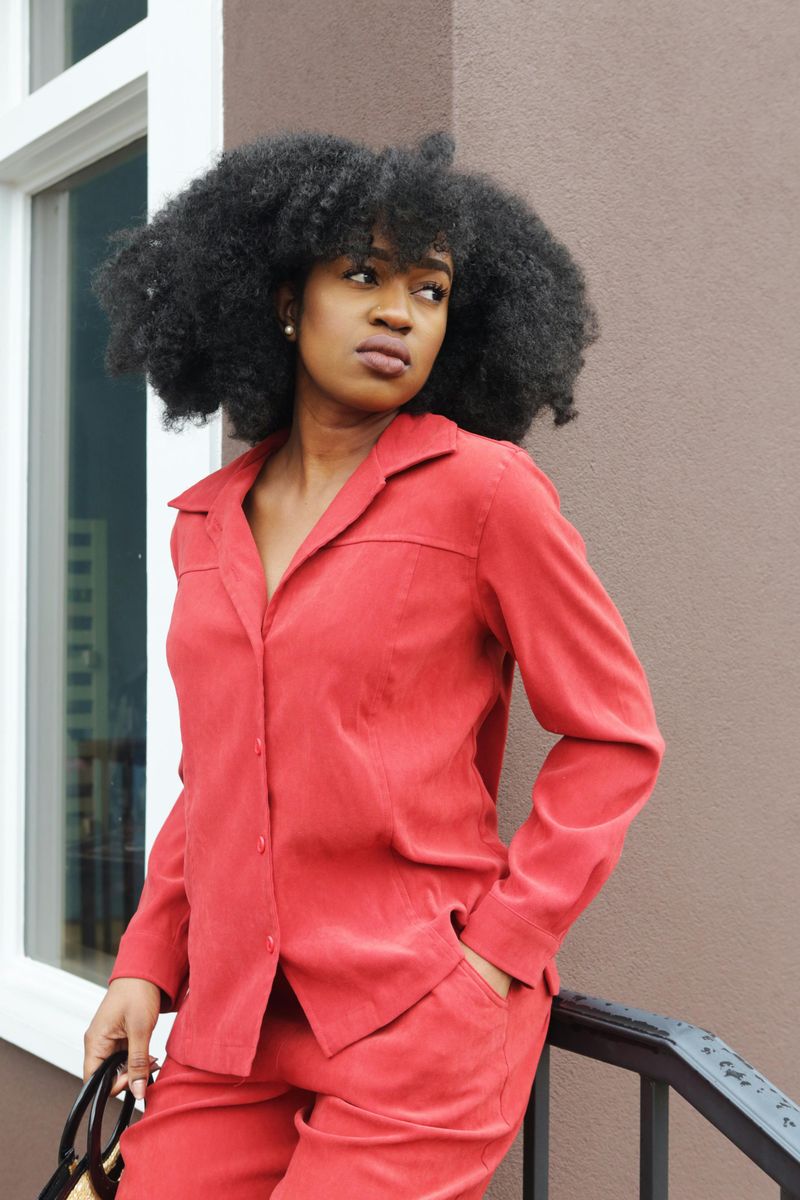
Imagine a stranger reaching for your head without permission. Uncomfortable, right? For many Black women, this invasive question transforms them into a petting zoo exhibit rather than a person deserving basic respect.
The request reduces a Black woman’s crown to a public curiosity instead of recognizing it as part of her personal identity. Even when asked “politely,” the question carries problematic assumptions about entitlement to Black bodies.
Next time curiosity strikes, remember: Black women’s hair isn’t there for your tactile education. Appreciate its beauty visually, but understand that touching someone’s hair without their enthusiastic consent is never appropriate.
2. “Is that your real hair?”
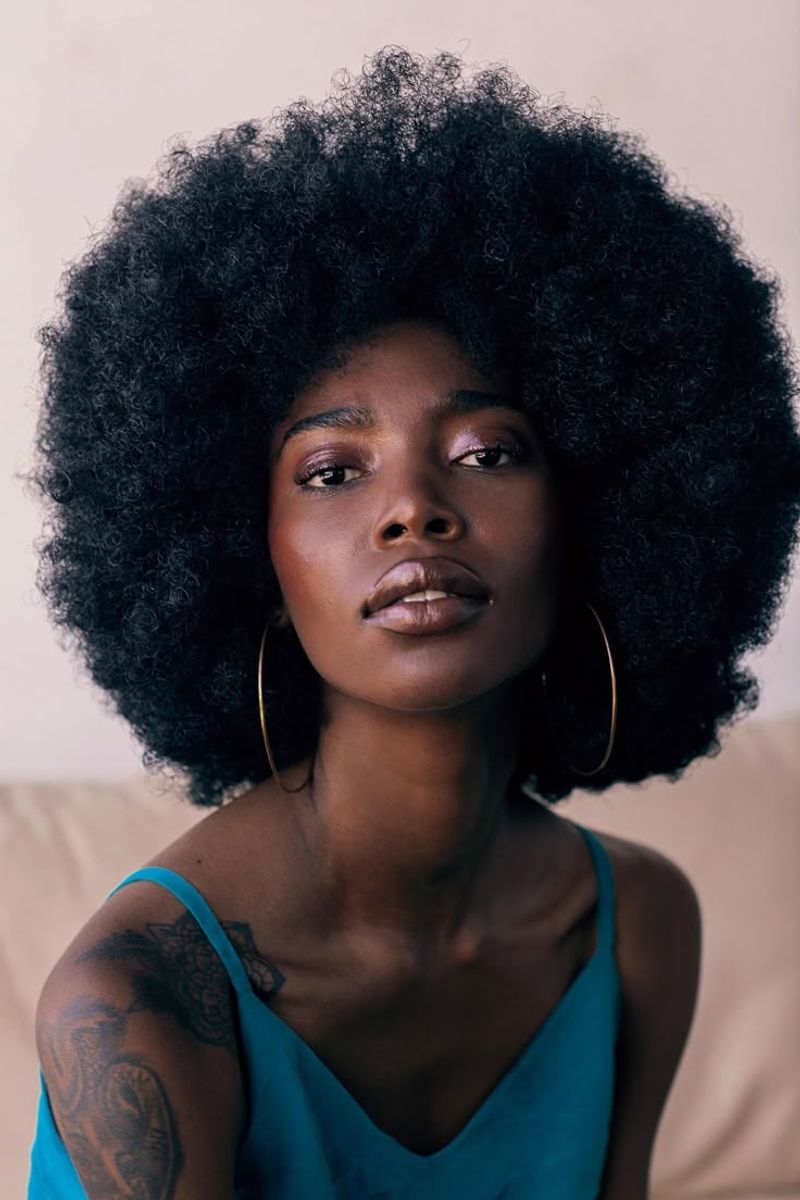
The skepticism behind this question stings with each repetition. When directed exclusively at Black women, it implies natural Black hair isn’t believable or acceptable enough to be authentic. Many Black women enjoy versatility with their hair, alternating between natural styles, wigs, and extensions. This flexibility represents cultural expression and personal choice, not deception.
The underlying message suggests Black women’s natural hair couldn’t possibly be that long, that full, or that beautiful. Remember that a Black woman’s hair choices remain entirely her business, whether she’s rocking her natural texture or trying something new.
3. “Your hair is so exotic!”
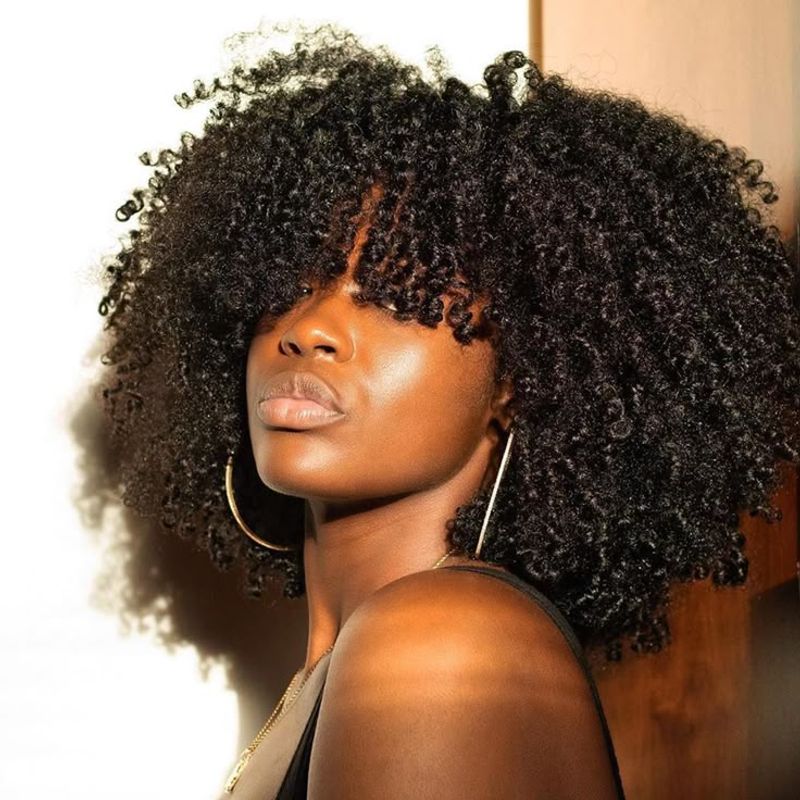
Calling Black hair “exotic” might sound complimentary, but it actually others and alienates. The term positions Black features as foreign curiosities rather than beautiful variations of human diversity. Black women hear this backhanded compliment regularly.
While the speaker may intend praise, the subtext says: “Your hair is fascinating because it’s not normal.” This framing reinforces harmful standards that position straight, European hair as the default. Black hair isn’t exotic – it’s one of many natural human hair textures.
Appreciative comments could instead focus on specific qualities: “Your curls are gorgeous” or “I love your hairstyle” without the exoticizing language.
4. “Why don’t you just relax it?”
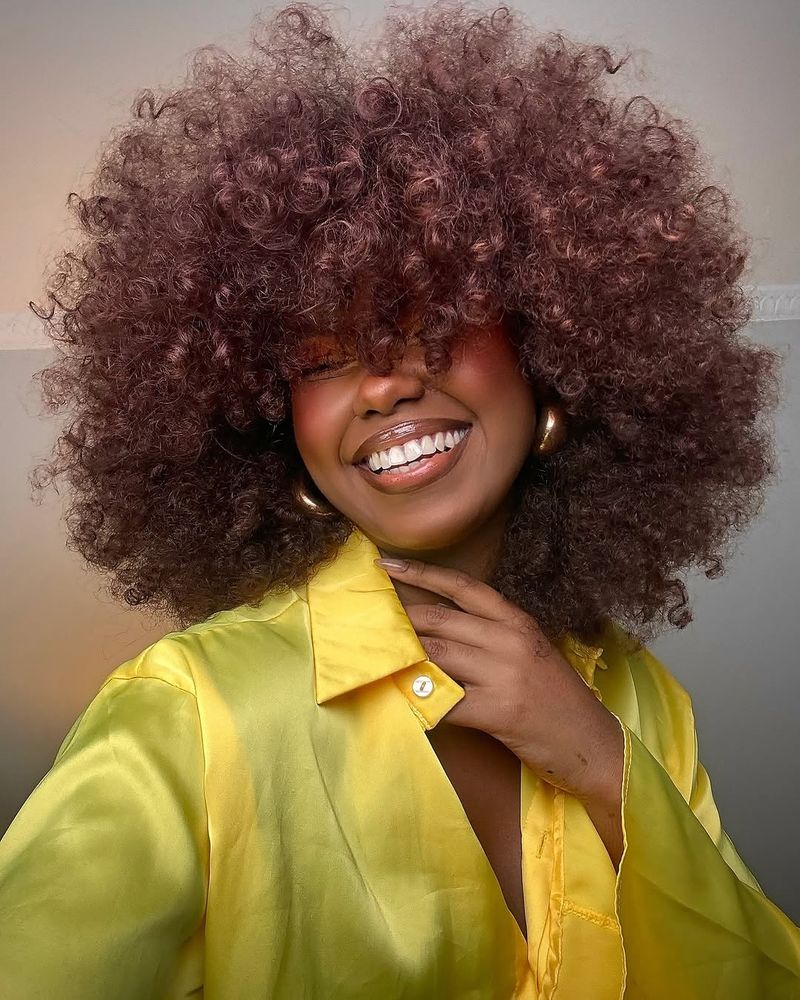
Chemical hair relaxers have caused generations of Black women scalp burns, hair breakage, and potential health risks. Yet this thoughtless suggestion persists, implying natural Black hair needs “fixing” to be acceptable. Many Black women have embraced their natural textures after years of damaging chemical treatments.
The journey to natural hair often represents self-acceptance and rejection of Eurocentric beauty standards. Suggesting relaxers dismisses this important personal choice. For some Black women, wearing natural hair is also a practical health decision. Research has linked certain hair relaxers to serious health conditions, making this seemingly casual suggestion not just offensive but potentially harmful.
5. “Your hair looks better straight.”
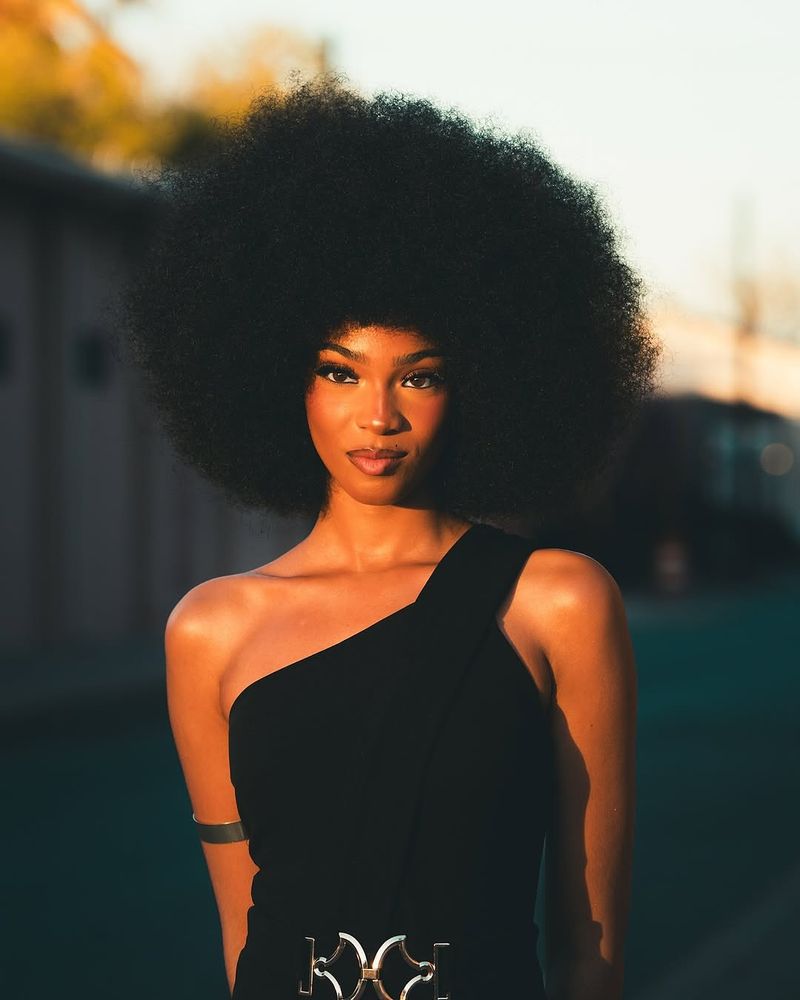
This seemingly innocent preference carries centuries of painful history. When someone tells a Black woman her hair looks “better” straightened, they’re often unknowingly reinforcing the harmful idea that natural Black hair is inherently less beautiful. For many Black women, straightening requires heat damage, chemical processes, or hours of manipulation. The statement invalidates both the beauty of natural textures and the effort put into protective styling.
Everyone has style preferences, but declaring straight hair universally “better” on Black women perpetuates damaging beauty standards. Black hair in its natural state isn’t unprofessional, unkempt, or less attractive – it’s simply one beautiful expression among many.
6. “I wish I had hair like yours.”
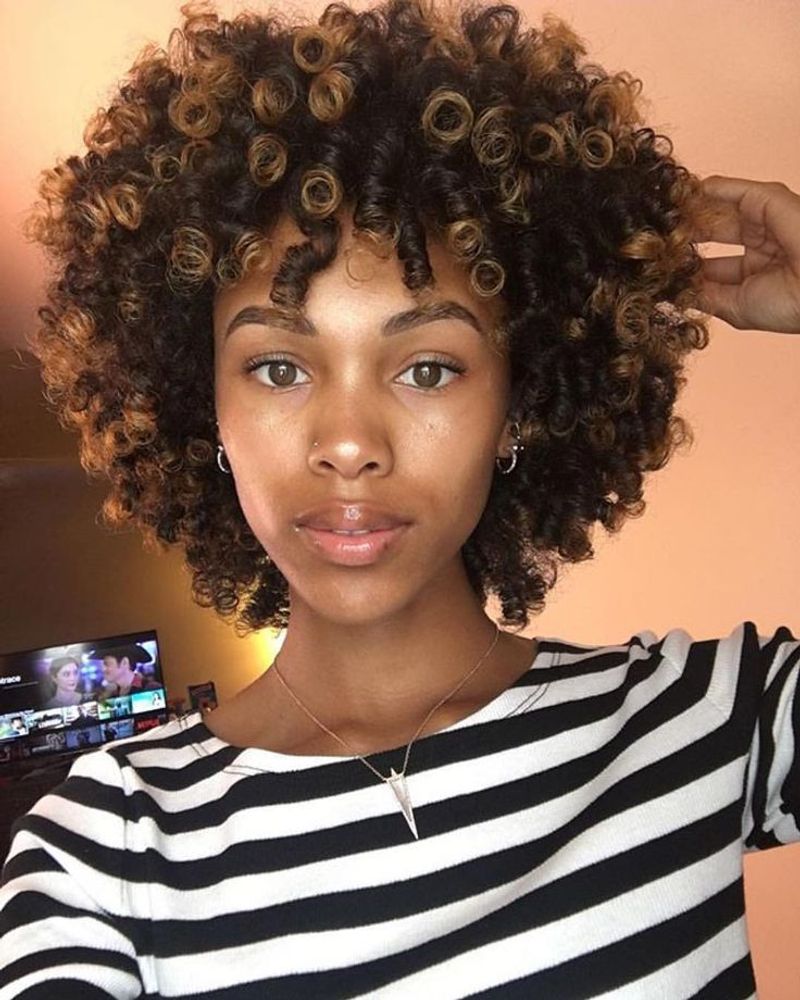
While this might sound like a compliment, it often comes without understanding the journey. Many Black women have faced discrimination, spent hours on maintenance, and navigated complex feelings about their hair. The grass-is-always-greener sentiment overlooks real challenges. Black women may spend substantial time and money caring for their hair, face workplace discrimination for natural styles, or deal with painful childhood memories of being told their hair was “bad.”
Genuine appreciation acknowledges both beauty and reality. Instead of wishing for something you don’t fully understand, try: “Your hair is beautiful. I appreciate how you style it” – recognizing both the aesthetic and the person behind the style.
7. “Your hair is so different.”
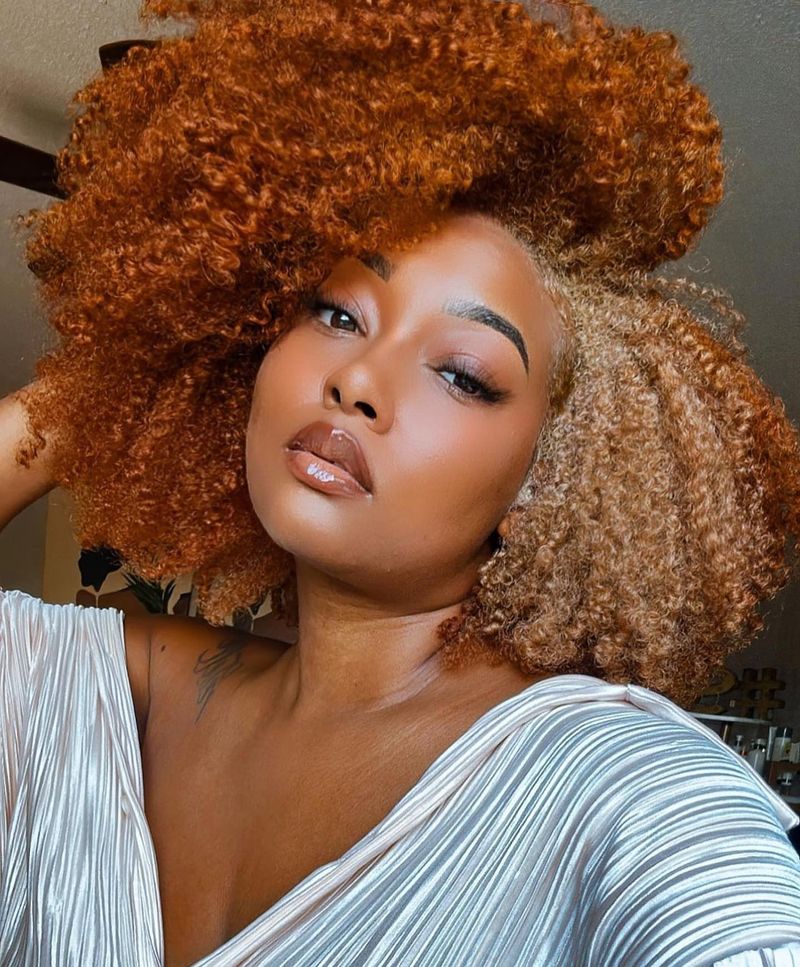
“Different” sounds neutral but carries weight when consistently applied to Black features. This comment subtly reinforces the idea that Black hair exists as a deviation from some unstated norm rather than as one of many natural human variations. Black women hear this repeatedly throughout their lives. The constant reminder of being “other” becomes exhausting, especially when accompanied by stares or unwanted attention.
Recognizing diverse hair textures as equally normal and beautiful helps break down these harmful patterns. Instead of marking Black hair as “different,” we can appreciate the wonderful diversity of human features without positioning any particular type as the standard from which others deviate.
8. “Can you braid my hair?”
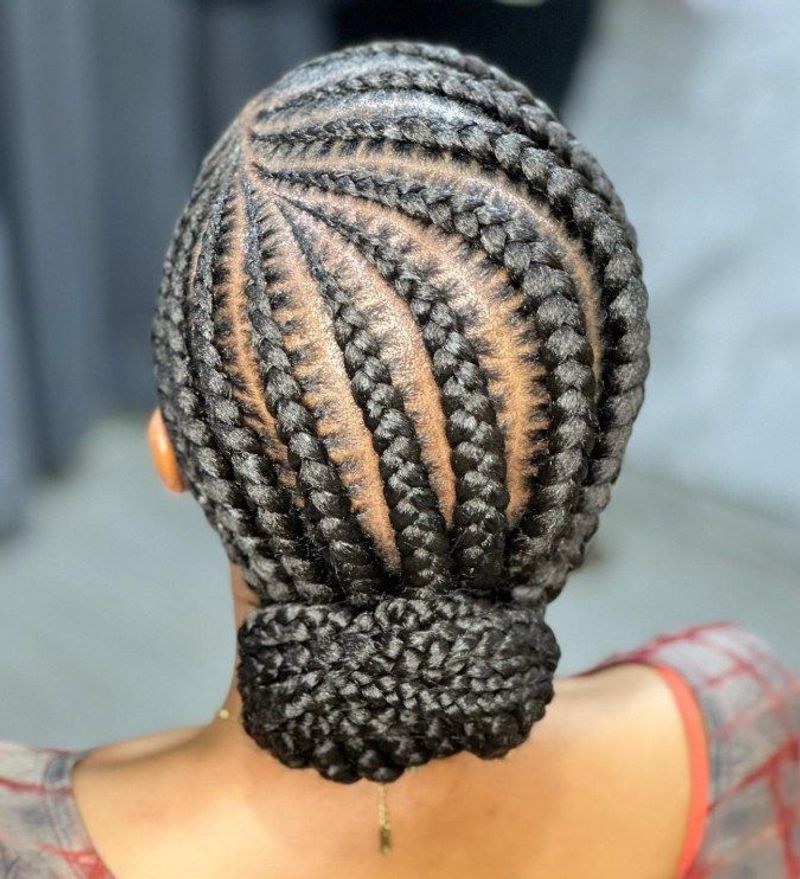
The assumption that any Black woman can or should braid your hair reduces her to a cultural service provider rather than an individual. Not every Black woman knows how to cornrow, box braid, or twist hair – these are specialized skills.
Professional braiders train extensively and charge accordingly for their expertise and time. Asking for free braiding services devalues this skill and can feel like cultural entitlement. Being Black doesn’t automatically make someone your personal stylist.
If you admire braided styles, research local professional braiders who specialize in the technique you want. Pay them fairly for their time and skill instead of putting Black friends or acquaintances in an awkward position.
9. “You’d look prettier with _____ hairstyle.”
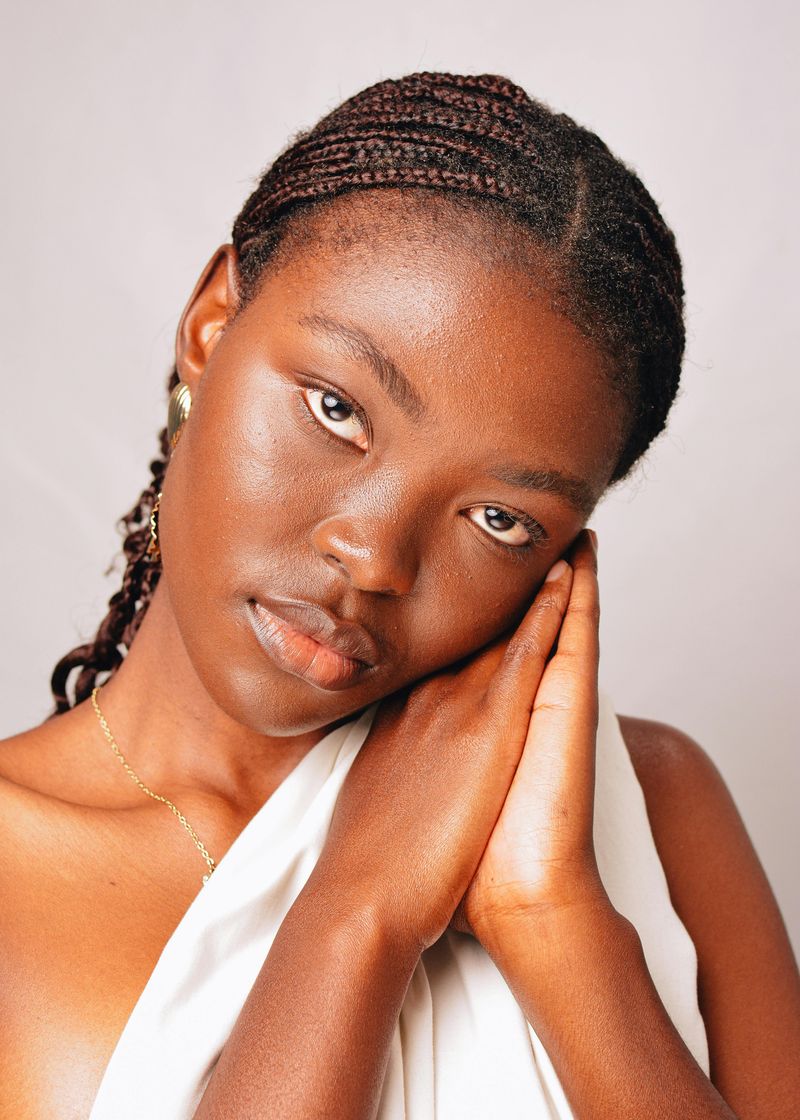
Uninvited beauty advice hits differently when it targets culturally significant features. Black women often choose hairstyles for cultural connection, practicality, protection, or personal expression – not just aesthetics. The suggestion that a different style would make someone “prettier” assumes their current choice is somehow lacking.
This unsolicited critique undermines confidence and ignores the thoughtful decisions behind many Black hairstyles. Hairstyle choices might reflect deep personal meaning, professional considerations, or health needs unknown to casual observers.
Unless specifically asked for styling suggestions, recognize that Black women don’t need rescuing from their own hair choices – they need respect for their autonomy and style decisions.
10. “Is your hair soft?”
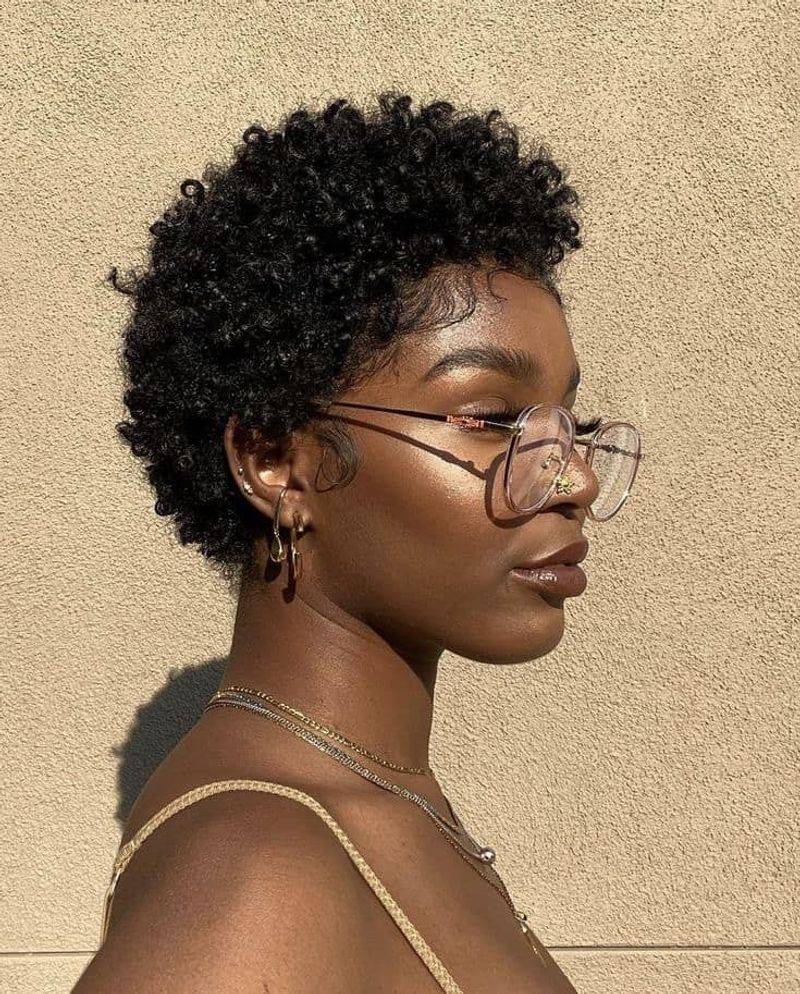
The fixation on texture reveals problematic assumptions. This question often carries the unspoken belief that coarse or kinky hair textures are somehow less desirable than soft, silky ones – a harmful legacy of Eurocentric beauty standards. Black hair comes in countless textures, from silky to coily, with endless variations in between. The diversity is beautiful, but reducing it to a binary of “soft” versus “not soft” misses the point entirely.
Texture preferences are subjective and culturally influenced. Instead of evaluating Black hair against standards that weren’t created with it in mind, we might appreciate the incredible versatility, resilience, and beauty of different hair textures on their own unique terms.
11. “Why do you wash your hair so often/rarely?”
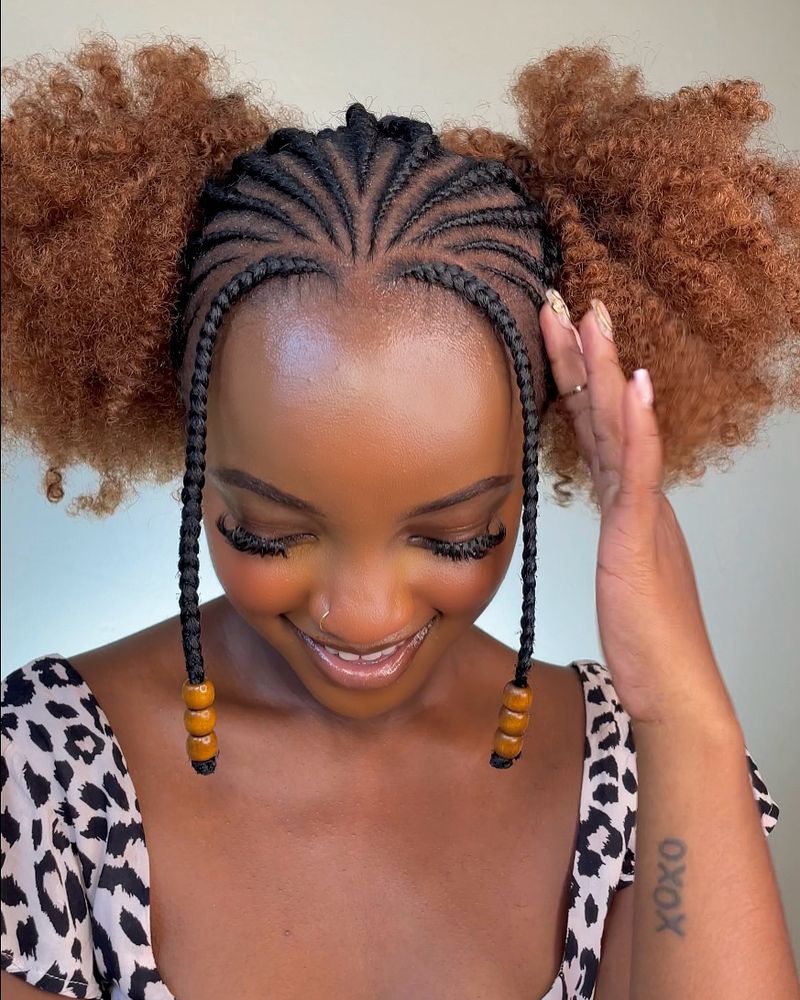
Comments questioning Black hair care routines reveal ignorance about natural hair maintenance. Black hair often requires completely different care approaches than other textures, including different washing schedules. Many Black women wash their hair less frequently to preserve natural oils that prevent dryness and breakage. Others with certain styles may have specific cleansing routines. These choices aren’t wrong – they’re appropriate for their hair needs.
Hair care isn’t one-size-fits-all. Different textures, styles, and conditions require different approaches. Before questioning someone’s routine, consider that they likely know what works best for their own hair after years of personal experience and community knowledge.
12. “Your hair is so hard to manage.”
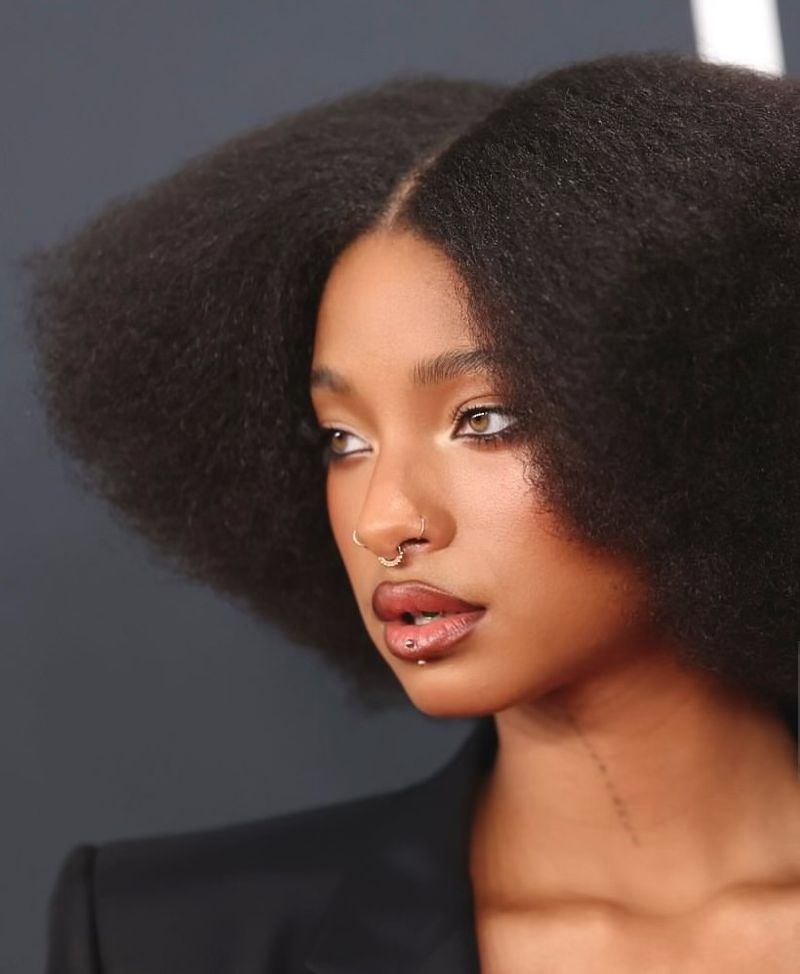
The presumption behind this statement stings with judgment. When someone declares Black hair “difficult” without experience caring for it, they’re often projecting their own discomfort with difference rather than stating facts. Black hair isn’t inherently harder to manage – it simply requires different techniques and products than other textures.
Many Black women have efficient, effective routines for their hair that work perfectly for their needs. This comment also dismisses the incredible versatility of Black hair. From braids to twists, locs to afros, Black hair accommodates countless beautiful styles that other textures cannot achieve. What might seem “difficult” to an outsider is often a source of creativity, expression, and pride.

Comments
Loading…